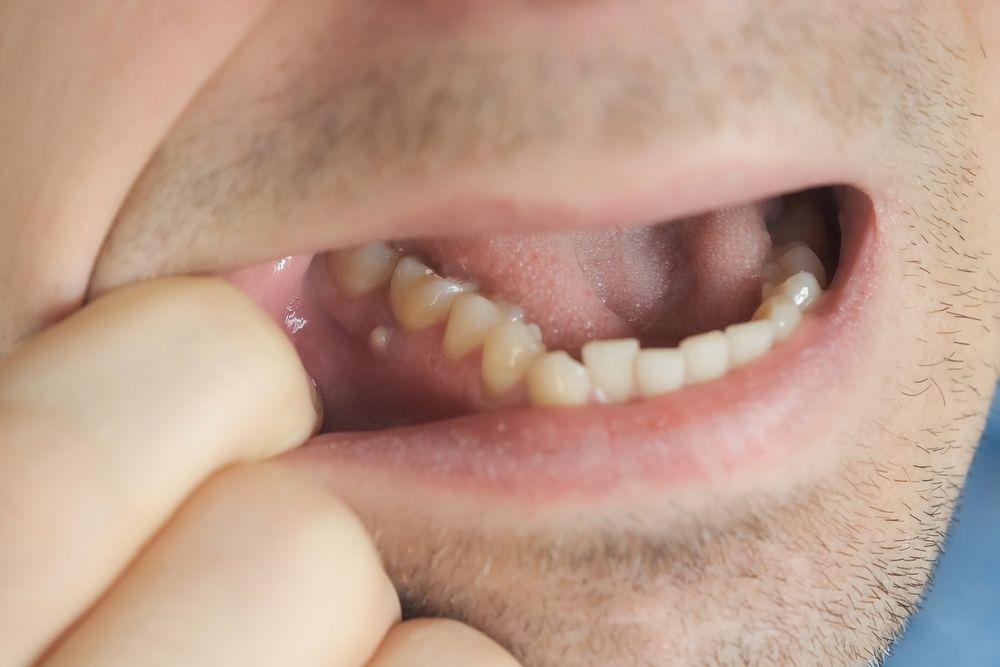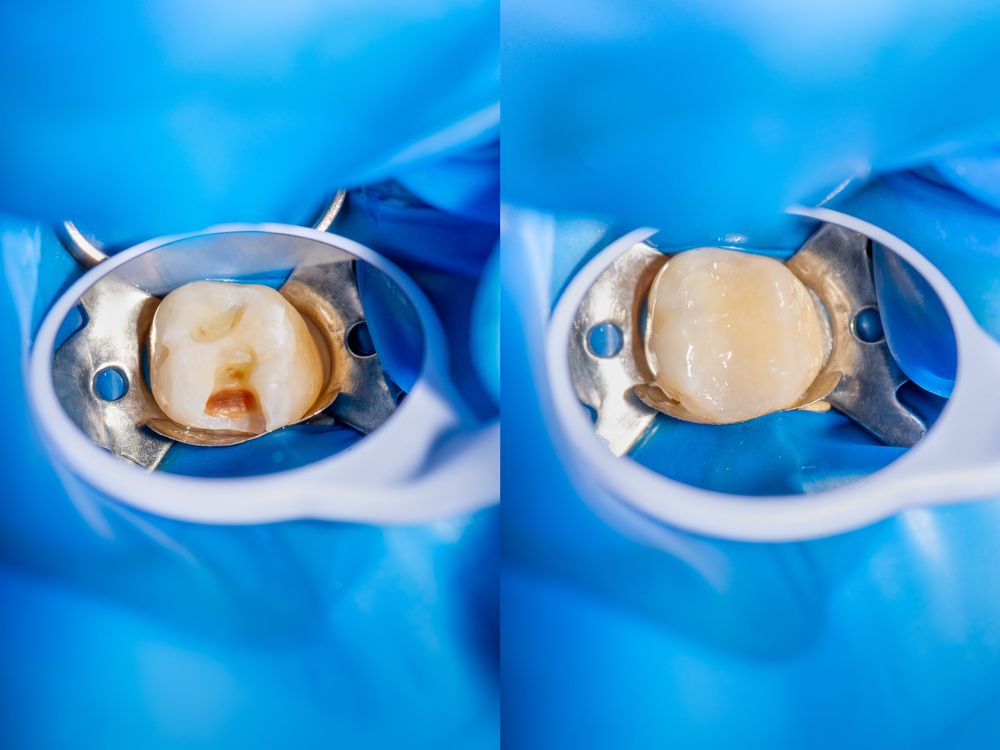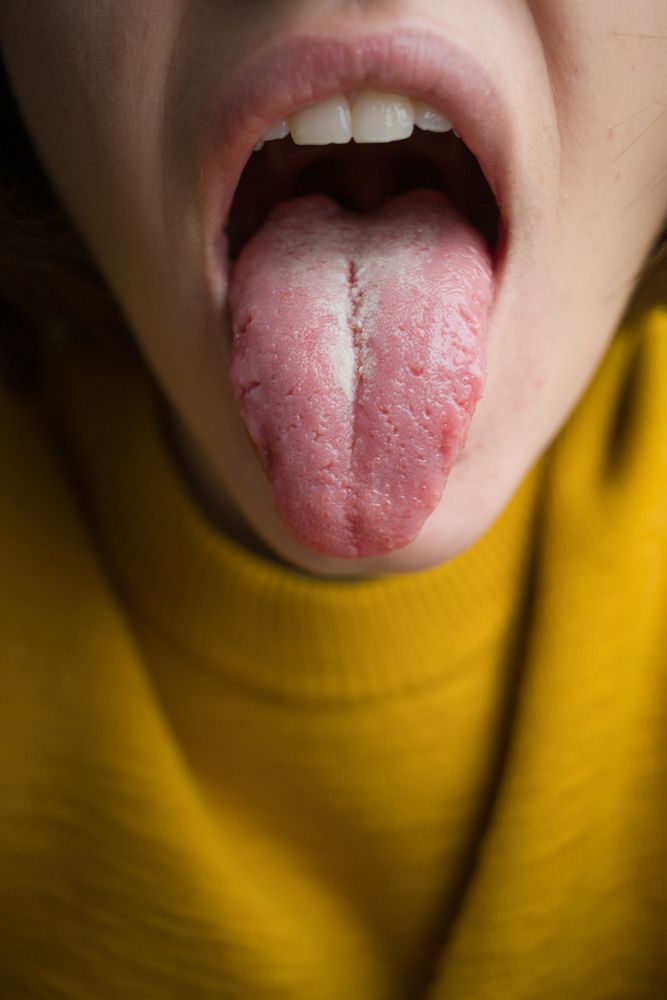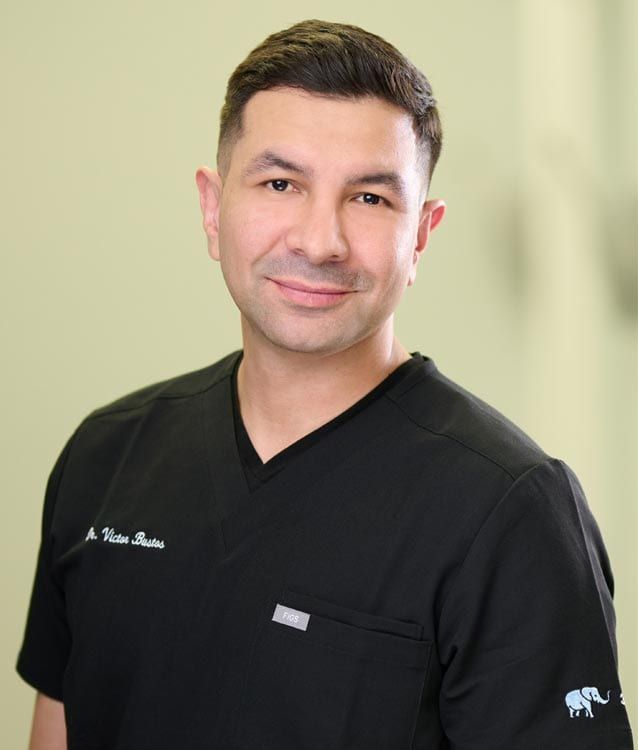Nearly one out of ten Americans are among those who have asthma. The frequency of attacks, triggers, and severity vary from patient to patient. The individual struggles, however, would be familiar to any sufferer. It can impact the ability to get proper sleep and perform well in school. Later in life, even our work life can experience complications from this condition. In the worst cases, the tubes in the lungs can permanently narrow, leading to problems breathing. Additionally, research has recently revealed that asthma can have a lasting impact on our oral health. Gum disease, cavities, and oral sores are all possible consequences of asthma.
How Asthma Works To Affect Your Oral Health
Many patients who find out that asthma can affect oral health are surprised. Several elements of asthma can lead to oral trouble. Those that most commonly impact patients oral health are listed below:
- Dry Mouth – Airflow restriction is a signature consequence that results from asthma attacks. This restriction leads to patients breathing through their mouths more frequently. This habit leads to the evaporation of saliva, which in severe cases leads to dry mouth. Saliva is one of your mouth’s leading defenses against bacteria.
- Oral Sores – The Medicine found in inhalers can be harsh to our delicate oral tissues. As these tissues get irritated, they can become tender. As time goes by, the patient may develop mouth ulcers from the medicine.
- Thrush – This oral yeast infection can also result from the medication used by people living with asthma. Otherwise, it’s usually only seen in the elderly, the very young, or those with inadequate immune systems.
These are the three most frequently seen oral health conditions among people with asthma. Thankfully there are ways to avoid these conditions. Below is a list of tips asthma patients can use to help protect their teeth and gums. While the above concerns may still happen, these tips will help reduce how often they show up.
- After The Inhaler, Rinse – Each time the inhaler is used, it’s time to rinse with clean water. Brushing is another good option, so keeping it close is ideal. Brushing is appropriate only if you have infrequent attacks.
- Drink Plenty of Water – Hydration is the best way to avoid the appearance of dry mouth.
- Speak With Your Dentist – There’s no better source of dental health information than your dentist. Those who have complications with asthma can rest easy knowing their dentist can help. They’ll offer additional strategies for handling these concerns.
- Communicate With Your Dentist – Dentists are excellent sources of information regarding your dental health. This knowledge includes how it relates to conditions like asthma. They may have options not listed here to help mitigate the risks.
- Control Allergy Breakouts – Avoiding allergens and triggers for your asthma is the best way to avoid all of these concerns. Stay inside on high pollen days, use a mask often, and generally avoid allergy triggers.
These efforts can be a significant step towards helping to control your asthma breakouts. This guidance, in turn, will help with the potential oral health risks that come with it.
Speak With Your Dentist For Help
Your dentist remains the best source of help for you and your family. Using their knowledge of dental health concerns, including those connected to asthma, they can help. Call yours for an appointment today.






